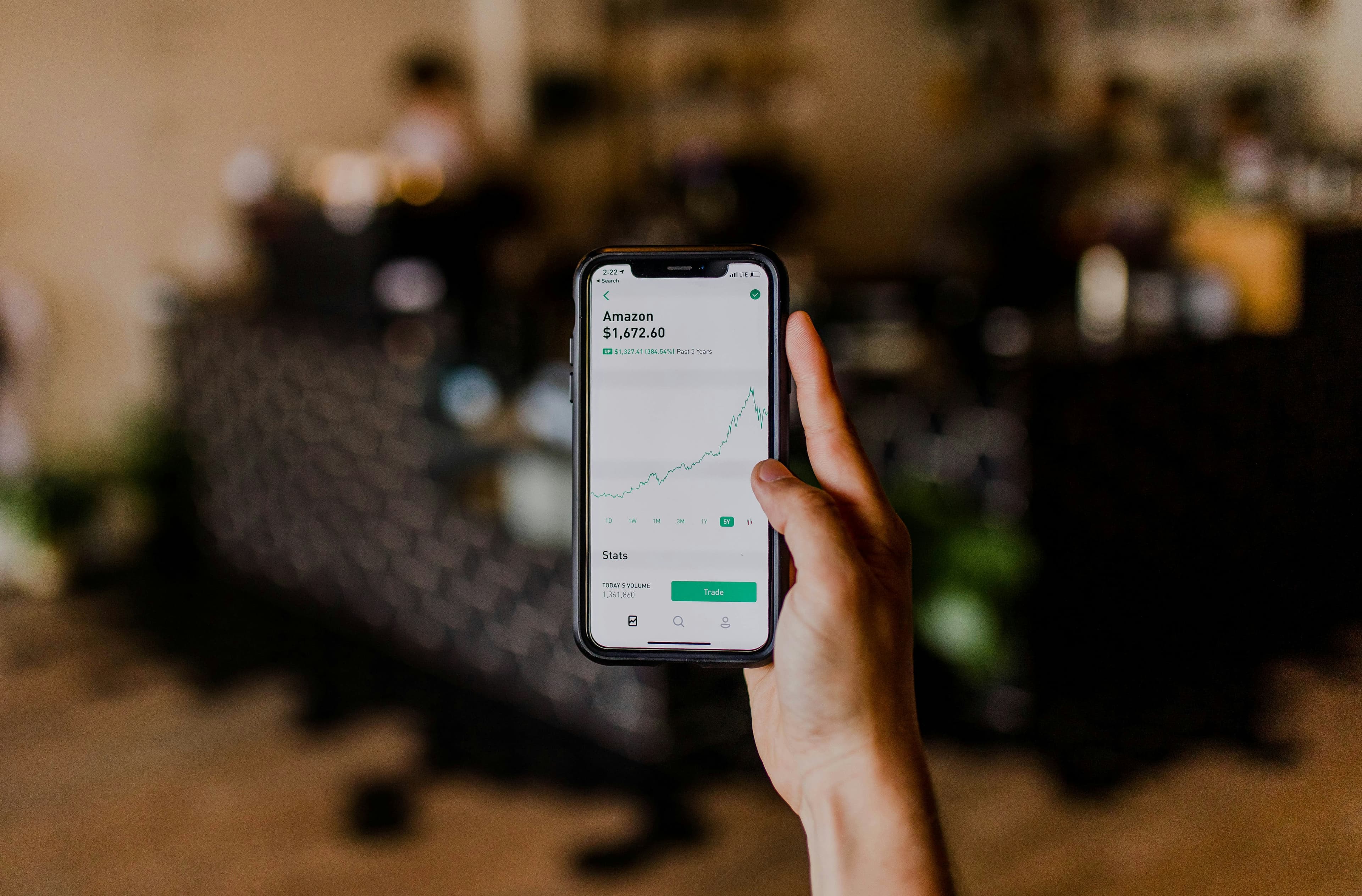How a Venture Capitalist Invests His Own Money

My day job is all about taking risks. As a venture capitalist at my firm, Social Leverage, my partners and I invest in seed-stage software companies, with my personal focus being on financial technology. You might recognize some of our early investments, like Robinhood, eToro, and Ycharts. This background, along with co-founding StockTwits, probably makes it clear why I favor individual stocks over index funds when it comes to .
I’m not a believer in what people call from the . To me, there’s no such thing as truly passive investing. Even if you’re just allocating money to index funds every month, you’re still an active investor—you’ve simply outsourced the decision-making to firms like Vanguard or Blackrock.
How My Portfolio is Structured
A significant portion of my liquid net worth is tied up in our Social Leverage funds. I also invest in other venture capital funds. Outside of that, my wife and I have made our largest investments in real estate. This strategy forms a core part of our holdings. All in all, our homes, venture investments, and Social Leverage stake make up about 90% of our net worth.
For my public market asset allocation, I partner with Charlie Bilello at our financial advisory firm, Compound Capital Advisors. We chat weekly about the markets and monthly about allocations. Charlie’s approach involves building simple, low-cost portfolios for clients using ETFs from providers like Vanguard and Schwab, with TD Ameritrade for custody. He tailors these to each person's unique risk profile, and can also build more tactical portfolios when needed.
My personal situation allows for a very aggressive strategy. My wife and I are empty nesters, she has a new career in real estate, and we don’t have any cash flow concerns. This freedom from financial constraints gives me the flexibility to take bigger risks with my .
Why I Focus on Private Markets
Lately, I've been doing less on the public markets for a couple of key reasons. First, I’ve developed a deep well of domain experience in financial services. I believe being a generalist is tough in the long run. Bull markets can make anyone look good, but when recessions and bear markets hit, having specialized knowledge to guide founders is a real edge.
Second, I have a unique and steady flow of private market deals. Thanks to my history with Wallstrip, StockTwits, and early investments in companies like Robinhood, fintech founders actively seek me out. I’m easy to find online, and I’m very open on my blog about what our firm is looking for. This constant deal flow is a significant advantage.
My Approach to Stock Picking
Given the high-risk, illiquid nature of my venture capital work, I keep a large cash position with my remaining liquid net worth. I have zero allocation to bonds—in a zero-interest-rate world, they just don't make sense for my goals.
When it comes to my personal , I’m extremely aggressive. My portfolio is high-beta and, as of May 2020, consists almost entirely of digital, cloud-based companies. I maintain a mix of about 50% stocks and 50% cash. This structure gives me enough market exposure to feel like I can beat the S&P, while also providing plenty of cash to deploy when the VIX spikes above 30.
My criteria for are straightforward. I look for companies that are growing incredibly fast, with stock prices at or near their all-time highs. I also hold a core set of what I call “8 to 80 stocks”—companies with products so essential that everyone from an 8-year-old to an 80-year-old can’t live without them. My current holdings in this category include names like Amazon, Apple, Google, Shopify, and Netflix.
I believe in transparency, so I share my portfolio and moves in real-time on my StockTwits feed and my personal blog.








